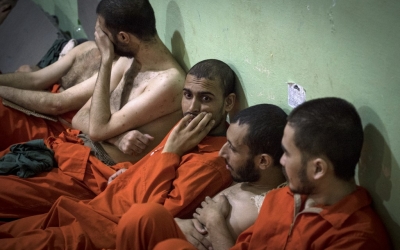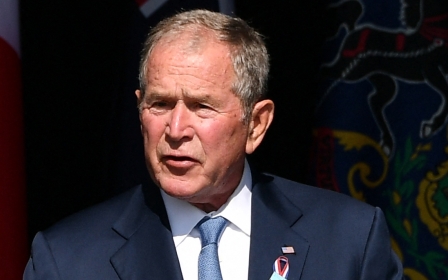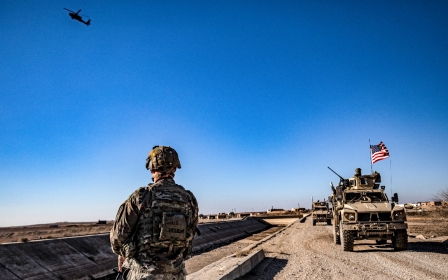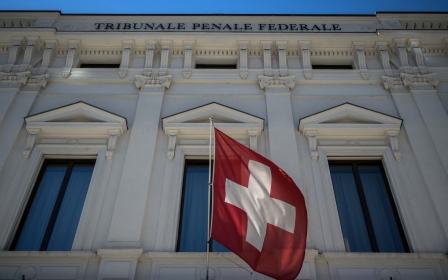French cement company pleads guilty to supporting Islamic State, must pay $778m
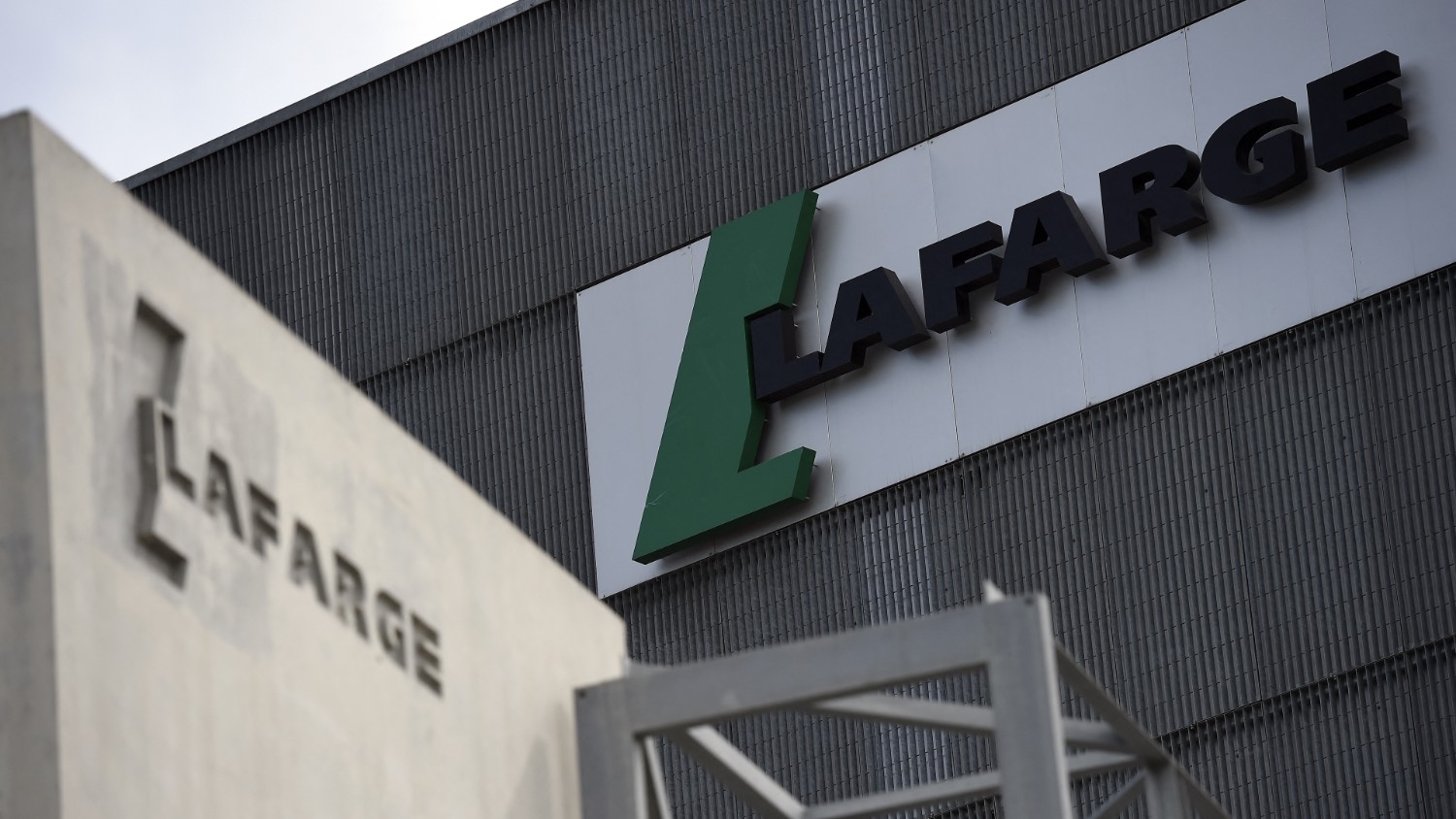
French cement maker Lafarge has pleaded guilty in US court to charges of conspiring to provide material support for terrorism by making payments to the Islamic State (IS) group and other US-designated "terrorist groups", so the company could keep operating in Syria.
The admission was the first time a company has admitted guilt in the US to charges of providing material support to a terrorist organisation. As a part of a plea deal, Lafarge agreed to pay $778m in forfeiture and fines.
US officials say that from approximately May 2010 to September 2014, Lafarge, through its now-defunct subsidiary Lafarge Cement Syria, operated a cement plant in northern Syria that was built at a cost of approximately $680m.
After the civil war broke out in 2011, fighting erupted across the country between armed rebel groups and the Syrian government, and the IS group took control of swathes of Syria.
"Many companies made the right choice - the only lawful choice: to leave the region rather than join hands with the terrorists," US Deputy Attorney-General Lisa Monaco said in a news conference on Tuesday.
"Lafarge made a different decision: to go into business with ISIS and al-Nusra - two of the world's most notorious and brutal terrorist organisations," she said, using another acronym for the IS group.
US prosecutors said Lafarge and its Syrian subsidiary, Lafarge Cement Syria, paid the IS group and the Nusra Front, through intermediaries, about $5.92m between 2013 and 2014 to allow employees, customers, and suppliers to pass through checkpoints amid the country's civil war.
The payments led to the company earning $70m in sales revenue from a plant it operated in northern Syria, according to prosecutors.
"Lafarge made a deal with the devil," Breon Peace, a US prosecutor for the Eastern District of New York, told reporters following the guilty plea. "This conduct by a Western corporation was appalling and has no precedent or justification."
"Lafarge did this not merely in exchange for permission to operate its cement plant - which would have been bad enough - but also to leverage its relationship with ISIS for economic advantage, seeking ISIS's assistance to hurt Lafarge's competition in exchange for a cut of Lafarge's sales," Peace said later in a press release.
Lafarge eventually evacuated the cement plant in September 2014, prosecutors said. At that point, Islamic State took possession of the remaining cement and sold it for the equivalent of $3.21m.
Plea deal 'impedes justice'
In a statement, Lafarge's parent company Holcim said none of the deals made with the IS group involved Holcim, "which has never operated in Syria, or any Lafarge operations or employees in the United States, and it is in stark contrast with everything that Holcim stands for".
The multinational construction conglomerate said former Lafarge executives involved in the conduct concealed it from Holcim and external auditors.
While no Lafarge executives were charged in the United States, Monaco said French authorities had arrested some of the executives involved. They did not provide the names of the executives, while US court records refer to six unnamed Lafarge executives.
The Paris-based human rights group Sherpa, which had filed a complaint against Lafarge in France that prompted a criminal investigation into whether the company was complicit in crimes against humanity, criticised the plea agreement on Tuesday.
Anna Kiefer, Sherpa's advocacy and litigation director, said the deal "impede(s) access to justice for victims and deprives them of a public trial".
The French investigation is ongoing, a person close to France's anti-terrorism prosecution office told Reuters on Tuesday.
Lafarge denies that it was complicit in crimes against humanity.
Middle East Eye propose une couverture et une analyse indépendantes et incomparables du Moyen-Orient, de l’Afrique du Nord et d’autres régions du monde. Pour en savoir plus sur la reprise de ce contenu et les frais qui s’appliquent, veuillez remplir ce formulaire [en anglais]. Pour en savoir plus sur MEE, cliquez ici [en anglais].


